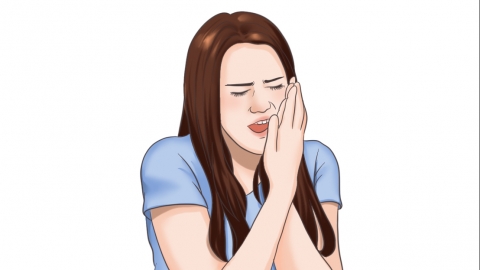Can sinusitis of the maxillary sinus cause tooth pain?
Generally, whether maxillary sinusitis causes toothache depends on the specific condition of the inflammation. If discomfort persists, it is recommended to seek medical attention promptly. Detailed analysis is as follows:

If the maxillary sinusitis is mild and limited only to the mucous membrane of the sinus cavity without involving the sinus walls or surrounding tissues, toothache usually does not occur. In such cases, the inflammation does not stimulate the nerves and blood vessels around the tooth roots, and symptoms are mainly confined to the nasal area, such as nasal congestion, runny nose, and reduced sense of smell. There is no significant discomfort in the teeth themselves, and chewing function remains unaffected.
If the maxillary sinusitis is severe and the inflammation spreads to the sinus wall, compressing or irritating the nerve near the tooth roots or causing infection in the peri-radicular tissues, toothache may develop. This type of toothache is often described as a dull ache or pressure pain, with an ill-defined location, possibly affecting multiple teeth on the same side. Pain may worsen during chewing, bending forward, or lowering the head, and is often accompanied by obvious symptoms such as nasal congestion, purulent nasal discharge, and facial fullness or pain.
When symptoms suggestive of maxillary sinusitis appear, timely medical evaluation is essential to determine the extent and severity of the inflammation and prevent delayed treatment that could lead to complications such as toothache. During treatment, adequate rest should be maintained, excessive fatigue avoided, nasal passages kept clear, and forceful nose-blowing prevented. If toothache has already developed, do not self-medicate with painkillers; instead, follow medical advice to treat the underlying condition. Toothache symptoms will gradually subside as the maxillary sinusitis improves.







